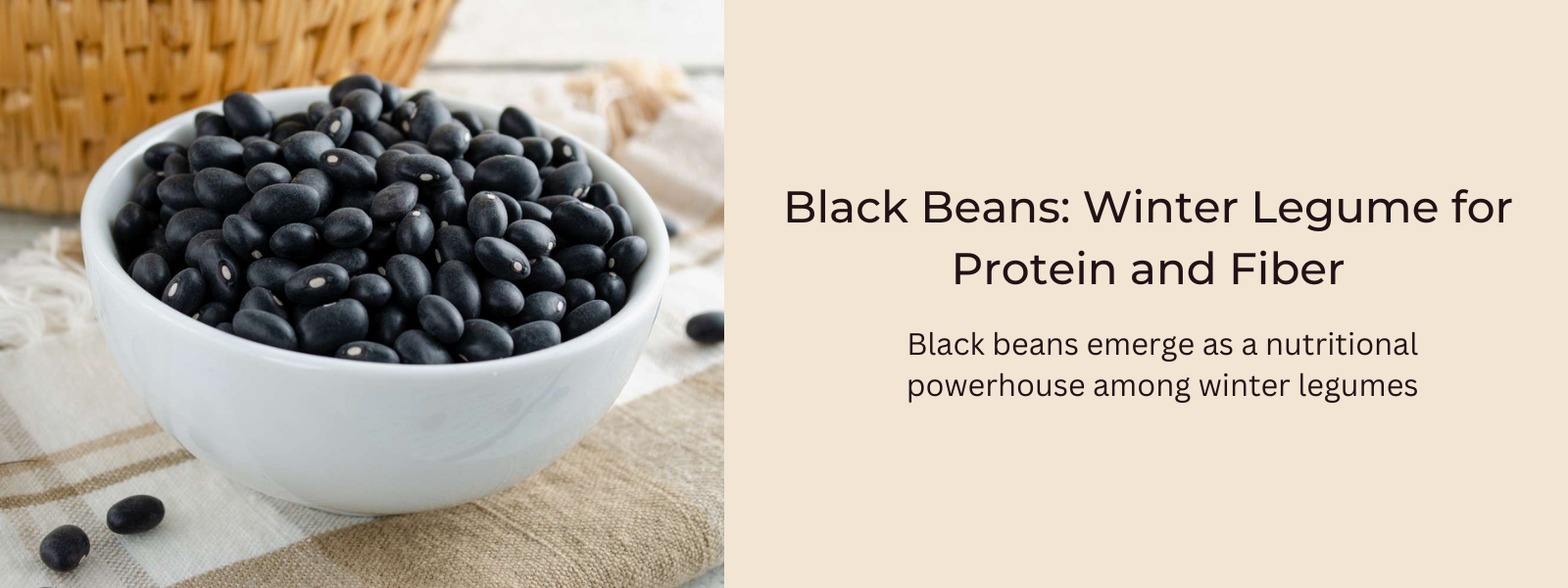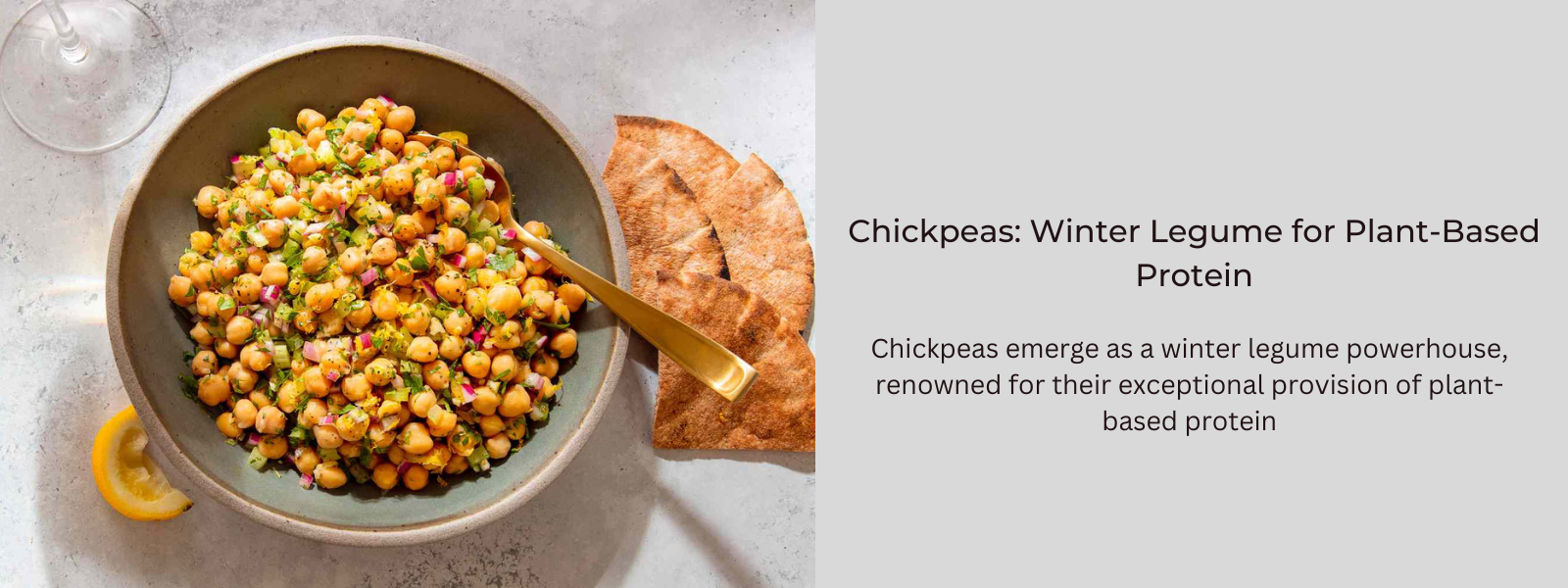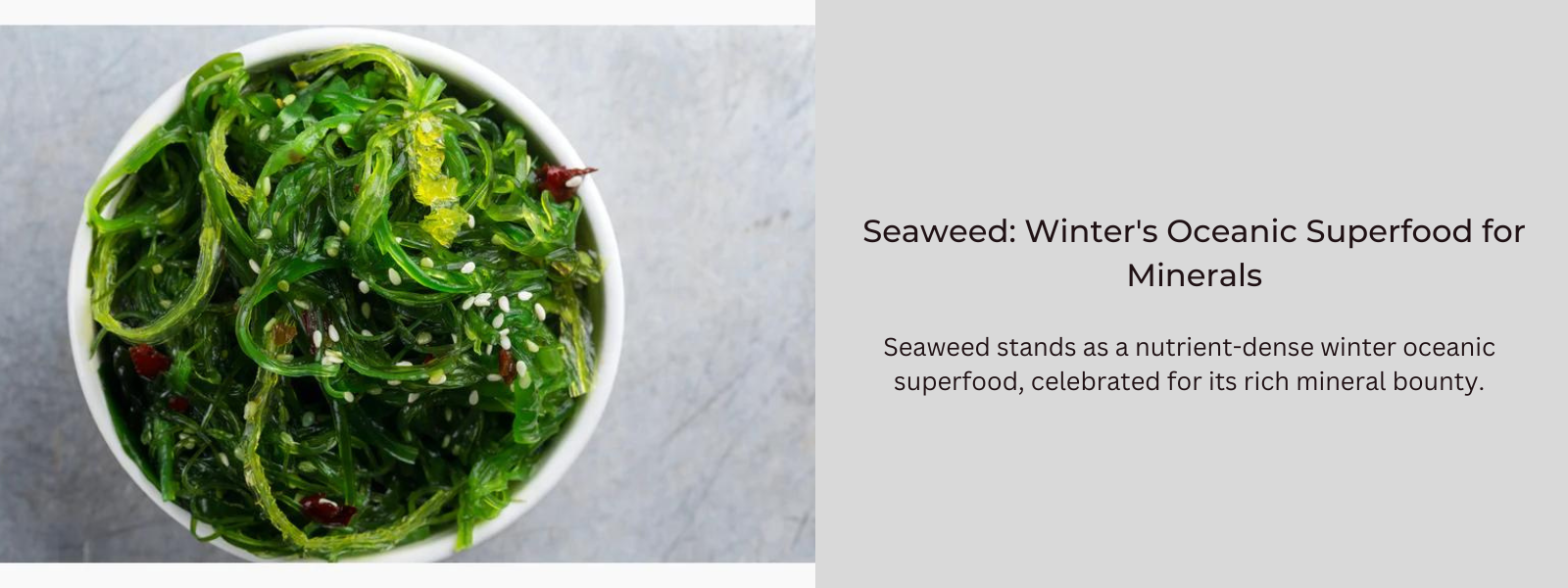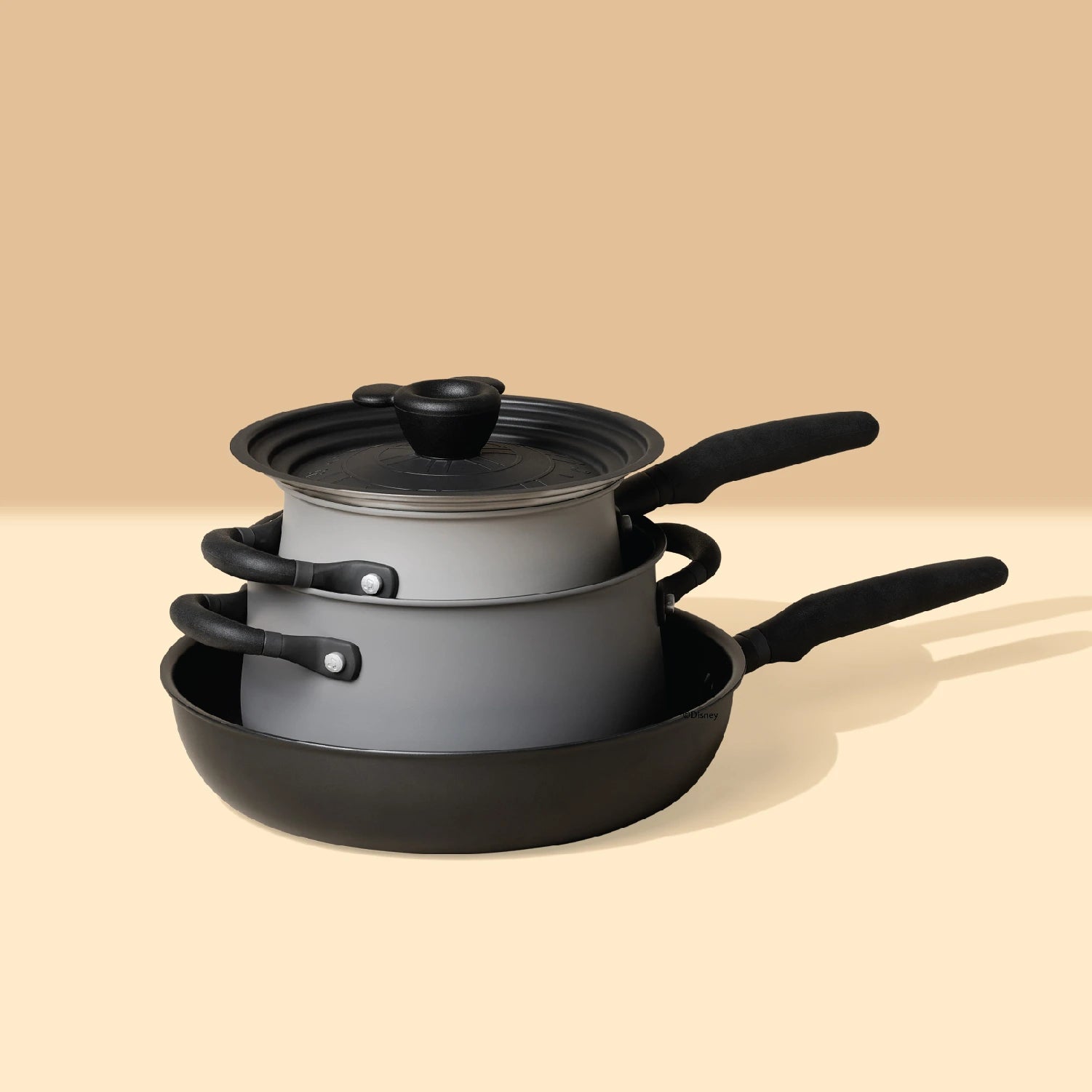Sunflower seeds emerge as a delightful and nutritious choice amidst winter's chill, serving as a crunchy powerhouse abundant in vitamin E. These small seeds pack a robust punch with their vitamin E content, an antioxidant renowned for shielding cells against damage induced by free radicals. Amid the cold weather that tends to sap the skin's moisture, vitamin E steps in to champion skin health and hydration, offering a nurturing shield against winter's drying effects. Not only a protector, but vitamin E also aids in bolstering the immune system, a pivotal support during the winter months when illnesses tend to loom. Beyond this crucial nutrient, sunflower seeds offer a wealth of heart-healthy fats, beneficial minerals, and vitamins, crafting them into a versatile, go-to snack that elevates both taste and nutrition in the brisk winter season.
Table of Contents
About Sunflower Seeds and Key Features:
Sunflower seeds are the edible seeds harvested from sunflower plants (Helianthus annuus), which belong to the Asteraceae family. These seeds are a popular snack and ingredient used in various cuisines worldwide. Here are the key features of sunflower seeds:
- Rich in Vitamin E: Sunflower seeds are an excellent source of vitamin E, a powerful antioxidant that helps protect cells from damage caused by free radicals. Vitamin E is beneficial for skin health, immune function, and overall well-being.
- Healthy Fats: They contain healthy fats, including monounsaturated and polyunsaturated fats, such as omega-6 fatty acids. These fats support heart health, help maintain cholesterol levels, and contribute to overall well-being.
- Protein and Fiber: Sunflower seeds are rich in protein, making them a valuable addition to vegetarian and vegan diets. They also contain dietary fiber, which aids in digestion and promotes a feeling of fullness.
- Minerals: These seeds provide essential minerals like magnesium, selenium, copper, and zinc, which play various roles in the body, including supporting immune function and aiding in enzyme activity.
- Versatility: Sunflower seeds are versatile and can be consumed raw, roasted, salted, or unsalted. They are often eaten as a standalone snack or added to salads, granola, baked goods, or used as a topping for cereals and yogurt.
- Convenient Snack: Sunflower seeds are a convenient, portable, and shelf-stable snack option. They offer a satisfying crunch and a nutritious boost when consumed between meals.
- Variety: There are different types of sunflower seeds available, including in-shell seeds, hulled seeds (without the shell), roasted seeds, and flavored varieties, catering to various taste preferences.
Importance Of Including Sunflower Seeds In Winter Diet:
Here's why they are regarded as a great option during the colder months:
- Rich in Vitamin E: Sunflower seeds are an excellent source of vitamin E, a powerful antioxidant that helps protect cells from damage caused by free radicals. During winter when the skin is prone to dryness due to the cold weather, vitamin E supports skin health and hydration.
- Supports Immune Function: Vitamin E contributes to supporting the immune system, which is crucial during the colder months when the risk of colds and flu is higher.
- Heart-Healthy Fats: These seeds contain healthy fats, including monounsaturated and polyunsaturated fats, like omega-6 fatty acids, which support heart health and help maintain healthy cholesterol levels.
- Nutrient Powerhouse: Sunflower seeds offer an array of nutrients besides vitamin E, including protein, fiber, magnesium, selenium, and various vitamins and minerals. These nutrients collectively support overall health and energy levels.
- Versatile Snack: Sunflower seeds are a convenient, portable, and shelf-stable snack option. They offer a satisfying crunch and a nutritious boost when eaten as a snack between meals.
Ways To Incorporate Sunflowers Seeds Into Daily Diet:
Sunflower seeds are versatile and can be easily incorporated into your diet in several delicious ways:
- Snack on Raw or Roasted Seeds: Enjoy a handful of raw or roasted sunflower seeds as a standalone snack for a quick energy boost.
- Add to Salads: Sprinkle sunflower seeds on top of salads to add crunch, texture, and a nutty flavor. They complement both green salads and grain-based salads.
- Use as a Topping: Sprinkle sunflower seeds on soups, stews, oatmeal, yogurt, or breakfast cereals to enhance their taste and nutritional value.
- In Baked Goods: Incorporate sunflower seeds into homemade baked goods like bread, muffins, cookies, or granola bars for added texture and a nutty taste.
- Make Seed Butter: Blend roasted sunflower seeds in a food processor to make creamy sunflower seed butter, a tasty alternative to nut butter.
- Include in Trail Mix: Mix sunflower seeds with other nuts, dried fruits, and a hint of dark chocolate for a nutritious and satisfying trail mix.
- Coating for Meats or Vegetables: Crush sunflower seeds and use them as a coating for chicken, fish, or vegetables before baking or frying for a crunchy and flavorful crust.










Leave a comment